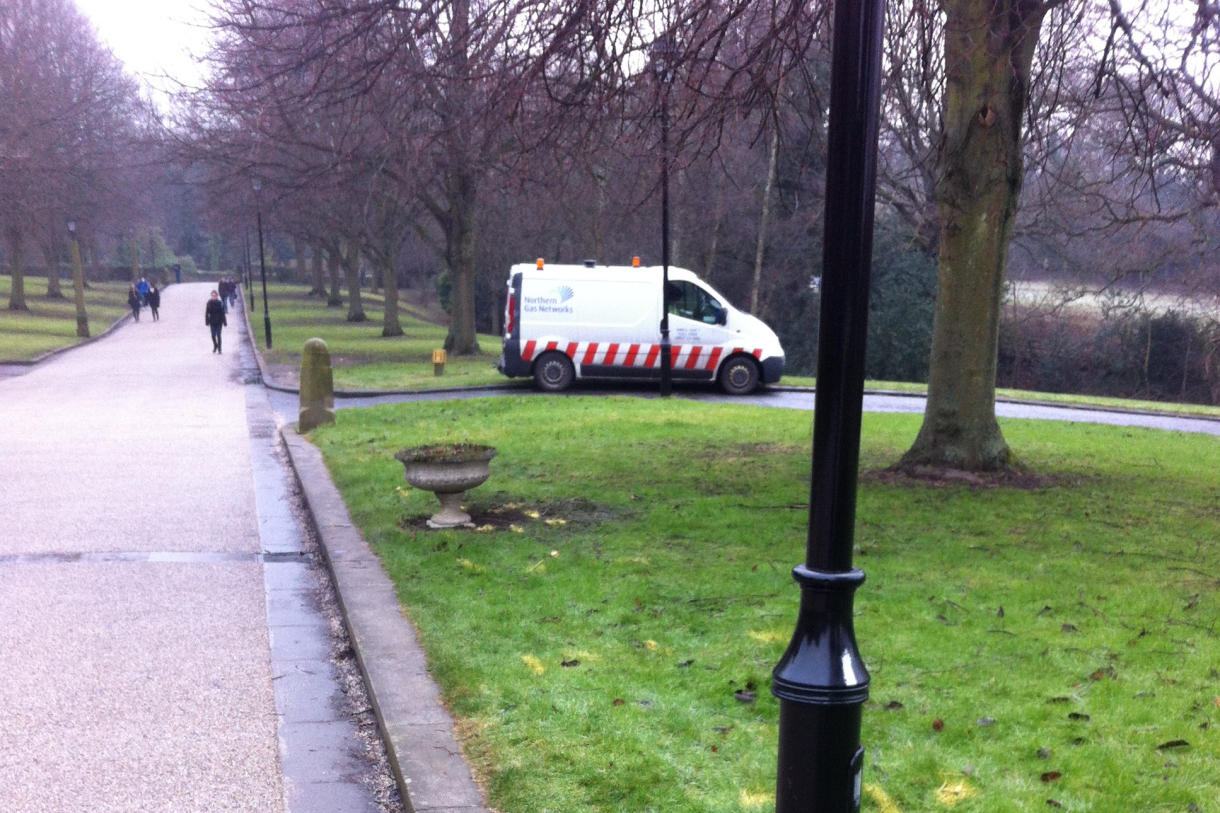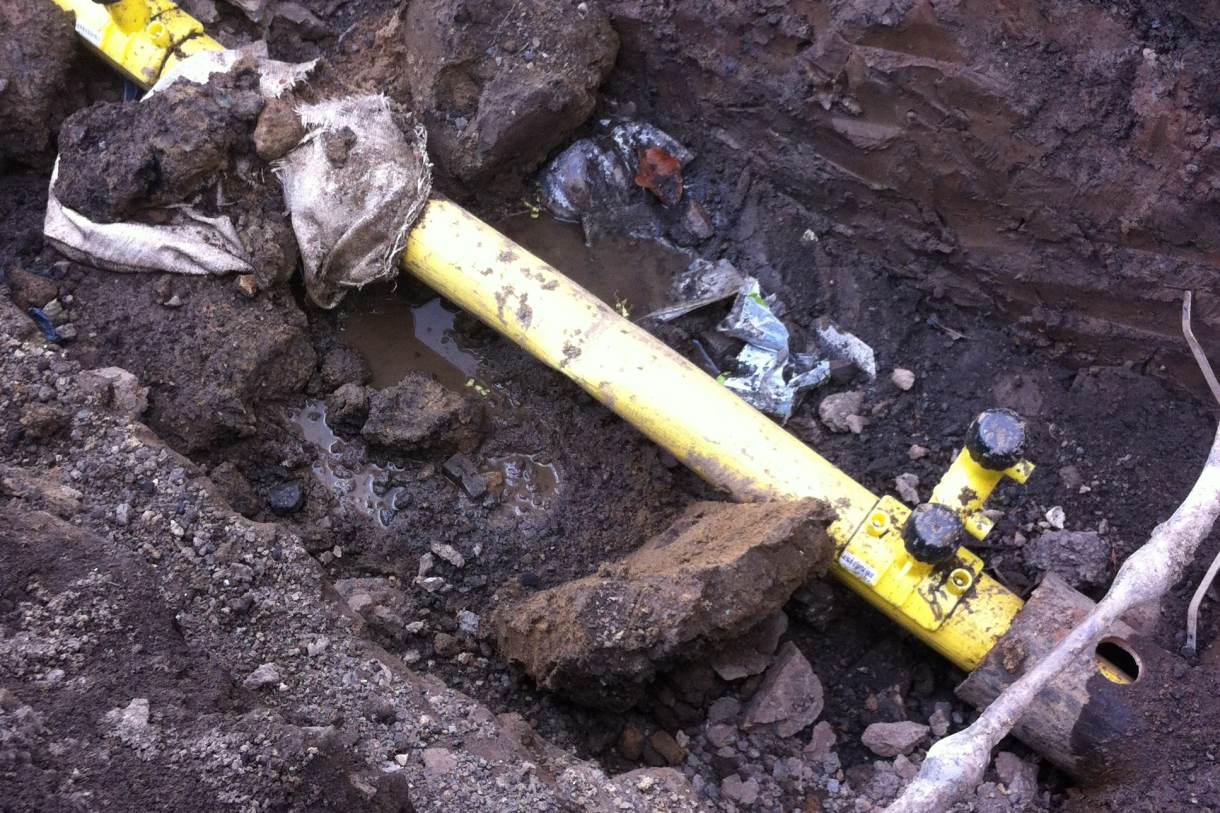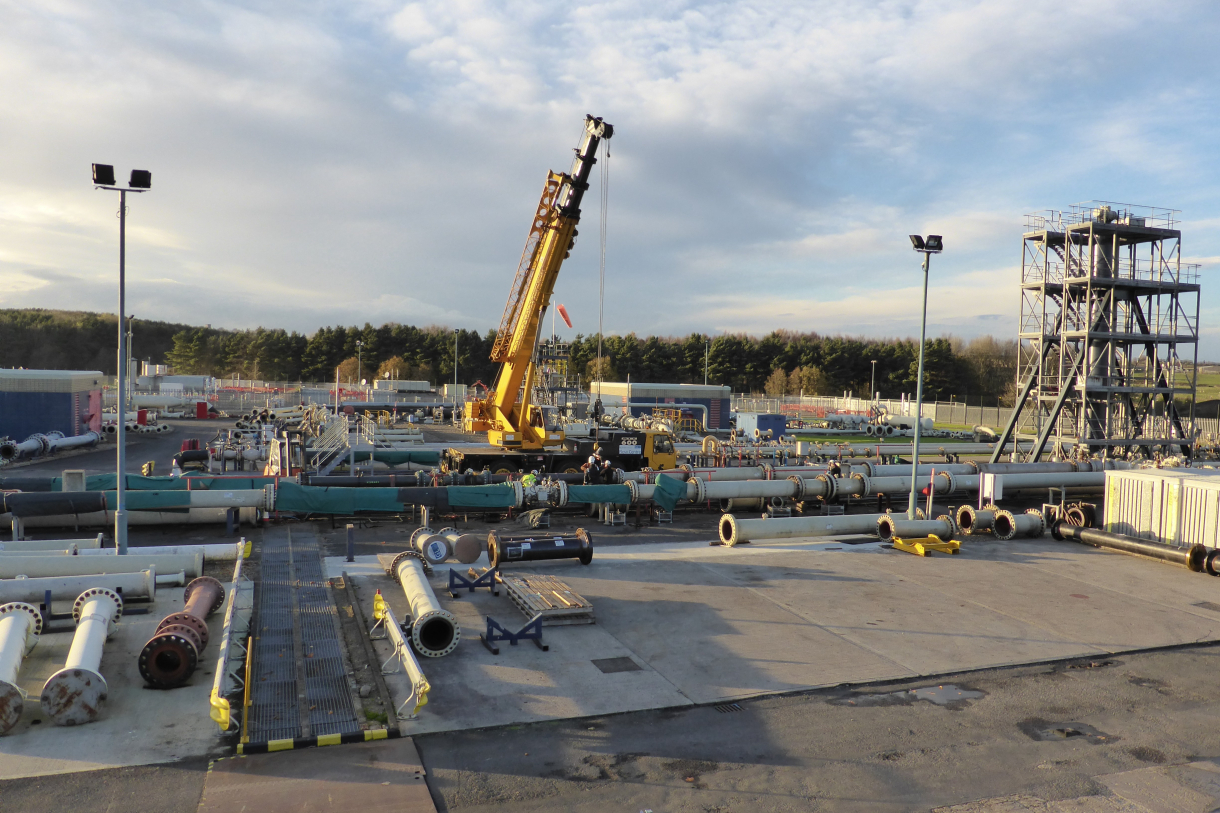

followthethings.com
Ship my order | Gifts & Seasonal | Health & Beauty
“Help Me Please PMP Staff Are Evil“
An anonymous note found in a make-up advent calendar ordered from amazon.co.uk, posted on facebook and reported in the Daily Mirror, Sun and other UK newspaper websites.
Photograph of note reproduced above.
It’s the beginning of December. Christmas is coming. A British dad has ordered an Advent Calendar for his 13 year-old daughter from Amazon. It was supposed to come with a ‘love, dad’ note from him. But it came with a note from someone else too. Written by hand on the gift invoice, it said ‘Help me please PMP staff are evil’. PMP is an employment agency that Amazon uses to source temporary warehouse staff, especially at peak times of year like the lead-up to Christmas. April, the daughter, found it and showed it to her Mum, Kim. They had no idea who PMP were. But Kim posted it on facebook, tagging amazon, asking for an explanation. Amazon replied quite quickly, but so did her facebook friends. Then the story of the note reached the newspapers, it became a festive news feature. The Daily Mirror story was linked to a recent exposé by its journalists of appalling pay and working conditions at Amazon warehouses. This note linked what might otherwise be a distant story to the lives of consumers on the receiving end of the company’s cheap and conveniently-delivered goods. While there was some discussion on twitter, it was the comments section on the Daily Mail story where the discussion rapidly took shape. Was this a fake story? 15 minutes of fame for April and/or Kim? Made up by the journalists for some festive clicks? Should she have posted it online when the information on that invoice could easily have identified the writer? Could they have been sacked? Was Amazon warehouse work really that bad? Yes, according to the Daily Mirror exposé, and according to the commenters who seemed to have some experience of working in these places too. What impacts did this story have? If any? ‘It’s’Help Me Please PMP Staff Are Evil’ is one of many real and fake messages sent – accidentally and deliberately – by workers to consumers, showing them what work and life has gone into making their things, and sometimes asking for help. Click ‘message from worker‘ above to see the collection. Each one works out differently, so what happens as a result of this one being sent, received and made public? Keep reading!
Page reference: Ian Cook et al (2025) Help Me Please PMP Staff Are Evil (under construction). followthethings.com/help-me-please-pmp-staff-are-evil.shtml (last accessed <insert date here>)
Estimated reading time: 27 minutes.
Continue reading Help Me Please PMP Staff Are Evil ![]()




